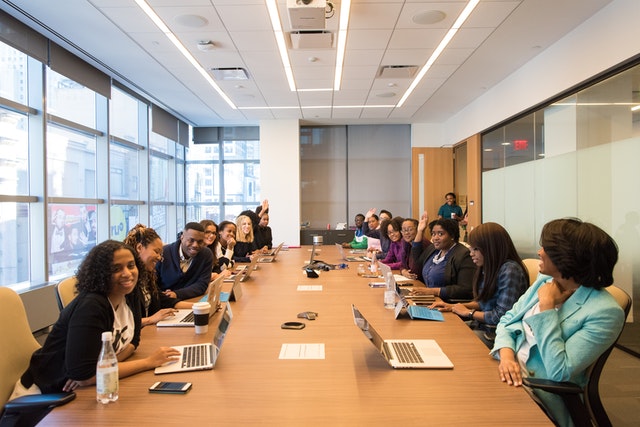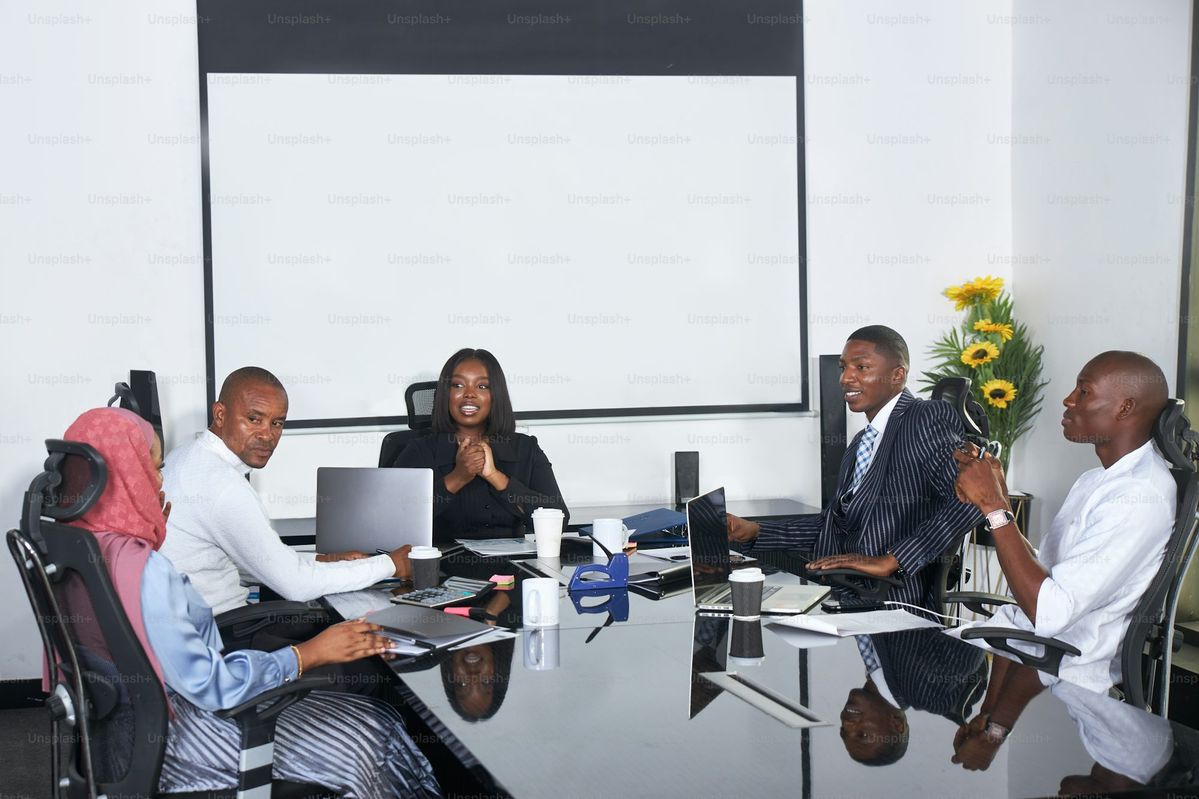Coronavirus is slow but sure, people continue to die as the world’s top brains are in the race to find a vaccine.
As of today, 1,347,803 people have been infected with the virus, of which 74,807 have succumbed. The United States alone has lost 10,981 people, with New York city the most affected. Europe, Italy, Spain, and the UK, have been overwhelmed with cases rising by the day.
The coronavirus pandemic has put the world in a crisis. Many of the world’s major destinations have been vacated. The largest global highlight that showcases human diversity and endurance – the Olympics games, has been postponed. The host country, Japan, is slated to announce a state of emergency over the Coronavirus outbreak which effectively suspends the ‘normal way’ of doing things to fast track decision making and implementation of directives with extra force.
How do you lead during times like these?
There are both short- and long-term interventions leaders must undertake.
In the short term:
- Marketing and communications, removing anxiety, providing up-to-date status reports and plans to address any projected worst-case scenario
Clarity communication protocols. Who communicates what, and how frequent? What is the scale of the problem? What is the anticipated scale? Telling people, the anticipated scale of the problem helps to prepare the mind for what is to come.
And more importantly, the communications strategy must show the level of preparedness if the anticipated worst is to happen.
The coronavirus task force must make a clear communications strategy to provide clarity of the current and future scale of the problem, and plans in place to address it, if the worst were to happen.
The government did a good thing to establish an online portal that provides up-to-date data about new cases and tracking of suspected cases. But that is not enough. The government must conduct worst-case scenario projections which are updated at least daily and plan in place to address the situation.
This approach shows a high degree of proactiveness. And gives confidence to partners and stakeholders that the situation is under control. Darkness is the enemy of good leadership. When people are led in day-light, they can see where they are going. Imagine driving a car full of people at night in a car without headlights and night vision for the driver? You are headed for a head-on collision! Not providing the projected worst-case scenario is like driving people in darkness. It is not good.
- Offering the vulnerable and most affected while at the same time supporting small business and access to capital to facilitate business continuity
It is not advisable to drive a car on a flat tyre. The best decision is to park and change the tyre even if it means using the small spare tyre.
During a crisis period like this, some sections of the population lose their livelihood as businesses close and the economy goes into lockdown. You want to stop more loss. The best thing is to identify the most at-risk populations using a fair process as much as possible for relief aid. But you want to sustain such an effort.
You must study and develop the appropriate economic stimulus package for small and medium-sized businesses as well as micro-businesses. How do you get people back on their feet? Facilitating business continuity is key.
The best way to help people is by providing economic incentives at the policy level, not the individual business level. Is it a tax holiday for three months until business recovers? Is it suspension of pay as you earn taxes on the payroll to reduce the cost for business owners while empowering staff to increase consumption? The times are tight, and leaders must think about kickstarting the economy with the best interventions.
More interventions include:
- Business retention, to avoid multiplier effect
- Economic impact assessment and analysis, and recommendations
In the long term,
- Which industries to prioritize for support (e.g., value-added industries)
- Change of economic outlook considering the pandemic (e.g., re-evaluating vision and mission)
- Workforce development (e.g., customized curricula)
- Business retention, expansion, and attraction
The coronavirus pandemic has disrupted our way of life. Things cannot continue as normal. Big problems will happen after the dust has settled. So, this is not likely to end soon. As the world enters a recession following the cost to the economy each day of the lockdown of cities, countries will cut down on aid. Movement of labor shall be disrupted in the short term. It might take over two years for global tourism to pick up to full capacity. And some high earning players shall have missed a year of action. The virus could lead some into early retirement. Imagine the lost revenue in the last year of action!
Our leaders must accept these realities and make the right policy moves to salvage the economy. In the immediate term, the government must conduct a thorough economic impact assessment and come up with the appropriate policy moves. The country’s budget must be revised to take into account these shocks.
In the short term, more money should be invested in agriculture, at least 30%. As the world struggles to fight the virus, farmers must be incentivized to produce for the world. Fresh foods offer the best defense against viruses by making the immune system strong naturally. That is what Uganda can offer better than anyone else in the world.
Copyright Mustapha B Mugisa, 2020. All rights reserved.









